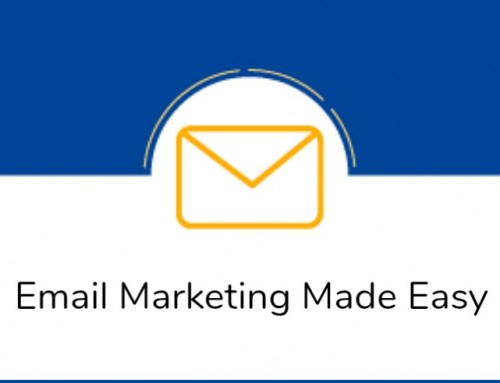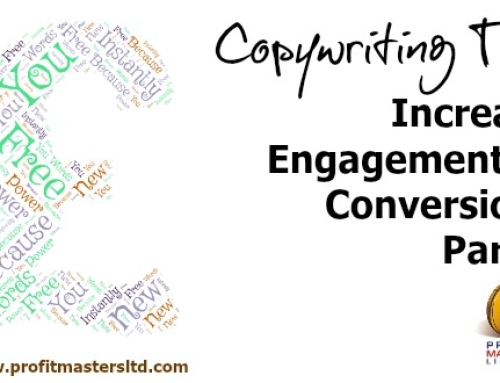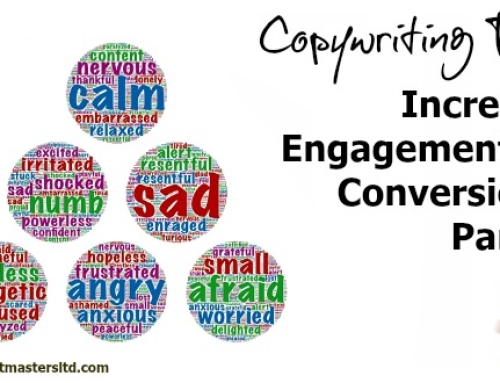Have you ever been in a situation where your “it’s too good to be true” button has been pushed? No doubt this has happened many times. You’re left with that feeling of distrust, cautiousness and suspicion. Because of this, a powerful “first impression” has been created. Of course you’re familiar with the rules regarding creating a good first impression aren’t you?
Be Authentic
When a prospect considers your copy meets the “too good to be true” criteria, their opinion of your business immediately changes. This in turn changes their behaviour. Most likely, they will skim the remainder of the text, which in turn means they miss some or all of your key sales messages. They have now been transformed into a skeptic. The possibility of changing a skeptic into a raving fan has now decreased ten fold!
So what’s the answer?
Good copywriters employ a devil’s advocate style of writing. Think about it. Whenever you play the role of devil’s advocate you are weighing up the pros and cons of a particular product from the position of a impartial, objective reviewer and can actually enhance the persuasiveness of a piece.
When you’re listening to a persuasive conversation and think to yourself “but this doesn’t address…” you are creating doubt in your own mind. If you are unable to find the answer to overcome this doubt, then it’s unlikely you will buy. What happens when you have a question, or a gap in your knowledge? This creates new behaviour. Your brain receptors switch into overdrive, searching for an answer. Your radar is now finely tuned to seek out all answers to find one that fits your current knowledge base or understanding.
However, you’re more likely to be persuaded or persuade the reader of your marketing material if the text says something like…”many of you are probably concerned about the…. right now.” Ah, now this is a different approach and highlights an issue that could be the most important buying obstacle on the reader’s mind! You have finally gained their attention! The barrier to a sale has now been raised, placed in the spotlight and answered in a way to disarm the initial objection. Your copy has that ring of truth to it, which makes it more realistic and trustworthy. You now hold a more powerful and meaningful sales message – congratulations!
As more buyer objections are answered and removed by using facts and evidence, their barriers to a purchase are lowered. Trust increases with each barrier you overcome in your copy, eventually leading to a sale.
Mind the gap, as this leads to the dark side, with your business’ reputation at risk…
Some copywriters or salespeople try to be clever. They don’t tell us everything. There’s an old saying “what you don’t know won’t hurt you.” It’s completely untrue!
What do I mean by these statements? This is where the reader or prospect is deliberately misled. How? They are simply not told all of the facts. They are programmed to create assumptions, joining the information presented to form a positive response, possibly even a purchase. Some would argue this is sales, however, it has its risks.
I’m sure you’ll agree that as a business person you prefer to attract customers who are happy with your products or services, tell others and return many times per year, hopefully for a lifetime. After all, this is the ideal customer. If this is what you want to attract, do you feel that the foundation for this long term relationship is deceit? I doubt it.
Taking the scenario above, if you lead people to believe a product or service is ideal for them, without mentioning the possible risks, negatives or downsides, what’s the likelihood of that person staying a loyal customer? Slim. Most likely, when they discover the truth, they will complain which has consequences for you financially but also there’s the reputational risk factor. Need I say more?

To bring this article to a swift close, if you want to create a bank of raving fan customers, then build on solid foundations. Your marketing and sales messages must contain good open, honest dialogue that presents a balanced view – the devil’s advocate position.
Build your reputation for delivering the right solution to your customers. By explaining the good, the bad, and sometimes the ugly, this allows your potential customer to make a fully informed choice. From this they see you as the trustworthy supplier in the industry which is a superb position to build from. It’s better to be known for this rather than a “Del-Boy” business!
In this series of articles on copywriting, you’ll discover the science behind certain concepts or best practices. As a professional copywriter, it’s fun to critique website copy, sales letters, emails and other marketing materials. This special service is free to all attendees of the marketing workshops I present in Manchester or the surrounding areas. There are so many copywriting lessons to be learned from these critiques.
This series of copywriting tips will provide you with a toolkit to appraise and develop your own sales messages, so look out for Part 3, available next week.







Leave A Comment
You must be logged in to post a comment.